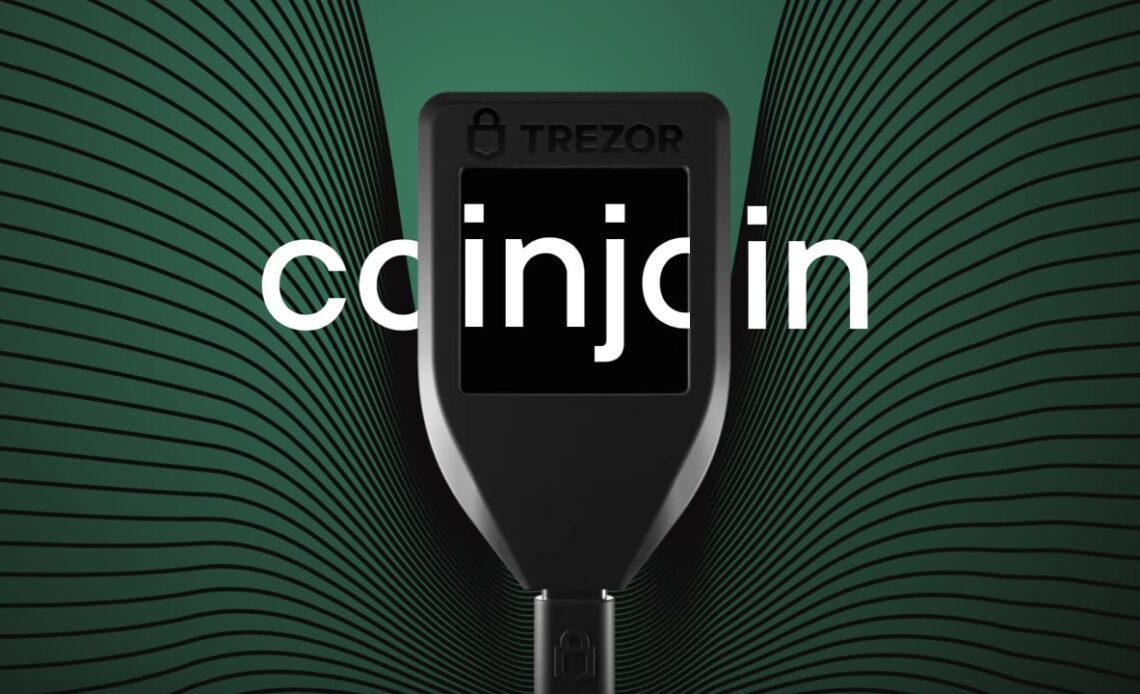According to Trezor, the crypto hardware wallet manufacturer, owners of the Trezor T model can now use a Coinjoin feature to preserve their privacy. Trezor had announced the Coinjoin feature’s impending arrival on the hardware wallet seven months ago, and the feature went live on April 19.
Trezor Adds Coinjoin to Software Suite
Owners of the Trezor T model can now use a new Coinjoin service that was added to the device’s features on Wednesday. Trezor announced in September 2022 that the Coinjoin feature was coming after the company revealed its collaboration with the developers of the Wasabi wallet. Essentially, Coinjoin enables bitcoin users to obfuscate their UTXOs by mixing their funds with a pool of other users. The technology has been available since 2013, and several other blockchains have utilized the scheme to mix UTXOs.
Hardware Wallet Coinjoins.
Coming April 19th, 2023. pic.twitter.com/cVilSYXBBO
— Trezor (@Trezor) April 12, 2023
The use of Coinjoin with the Trezor T model is optional, and a Coinjoin account must be activated in the Trezor software suite. Trezor encourages users to leverage the privacy-enhancing network Tor while using the software. In addition to the network fee, users must also pay a coordinator fee for the Coinjoin service. Trezor is not the only one utilizing the Coinjoin service, as the open-source bitcoin payment processor Btcpay introduced a Coinjoin plugin for merchants at the end of February.
Btcpay also collaborated with the Wasabi developers, and merchants who activate the plugin can mix their UTXOs with other bitcoin transactions. Currently, the Coinjoin feature for Trezor is unavailable on the Trezor Model One, but the company stated that it was testing the idea with the older Trezor device. However, not everyone is pleased with Trezor’s new rollout, as there is controversy associated with Wasabi’s Coinjoin process. This debate has followed Trezor’s announcement and has added criticism to the company’s newly added privacy feature.
There have been speculations that the blockchain analysis company Chainalysis is tracking the Zksnacks Coinjoin coordinator. The Coinjoin feature and a screenshot of Trezor’s commentary about UTXOs used for “nefarious activities” have been criticized for allegedly being contradictory to privacy. Academic research has shown that Coinjoin transactions can be de-anonymized by clustering bitcoin addresses and mapping them to users’ identifications. There is…
Click Here to Read the Full Original Article at Bitcoin News…
























